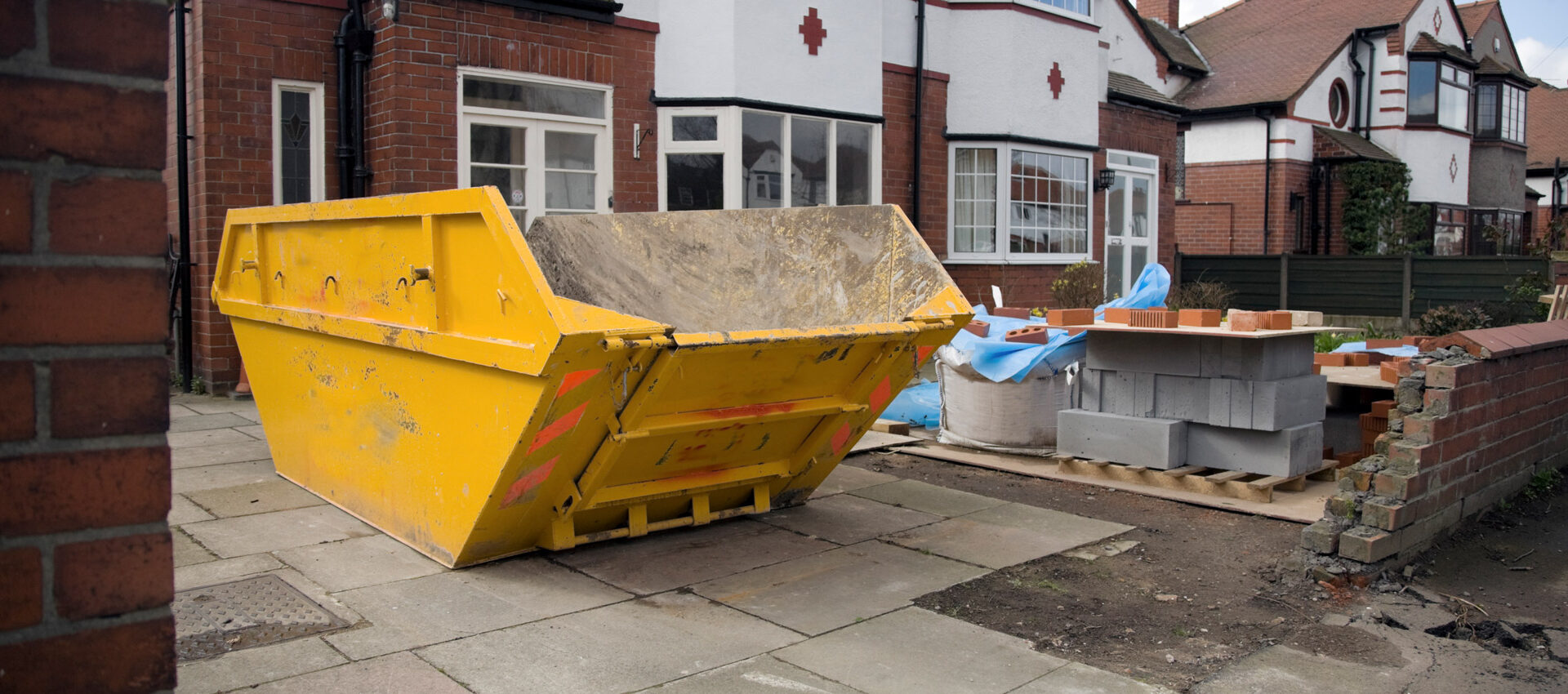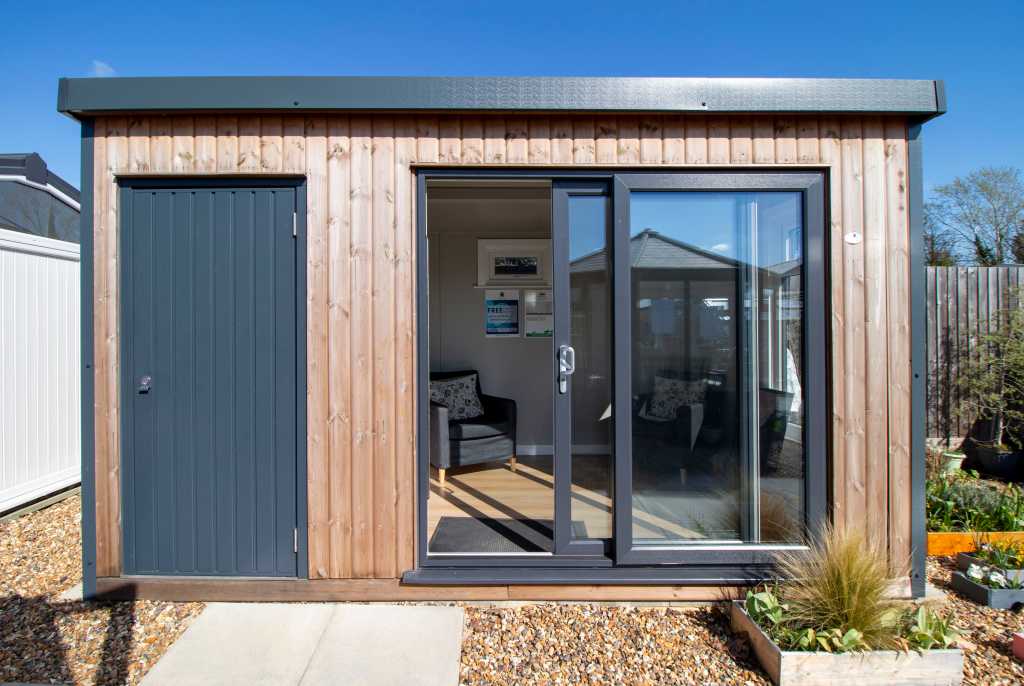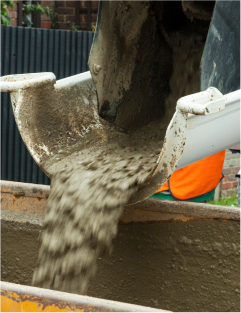
CONSTRUCTION TIPS FOR GARDEN OFFICES
Have you started working more from home? Perhaps it’s been a change in culture within your business or maybe you’ve started your own business from home. Either way, it can be hard to concentrate when you’re working from your dining room table or the sofa.
That’s why garden offices have been growing in popularity over the last couple of years, with more and more people looking for a permanent space to work in while at home. A garden office can help to keep work and home separate but without the time-consuming commute. But where do you start?
This month, we’ll be covering construction tips for garden offices, with a focus on one of the most important things: the foundations and base of your building.

Does a garden office need foundations?
The answer to this question depends a lot on what type of garden office you’re constructing. But for a solid and reliable structure that will last for many years to come, it’s a smart idea to use concrete garden office foundations.
You can, of course, get away without having foundations for your garden office, but it will be vulnerable to any strong winds and the varying ground conditions where flooding or extended dry periods shift the earth below it.
Over time, you could find that without a solid base, your garden office shifts unless you’re going for something light and temporary. However, something of this nature will likely be uninhabitable during the colder, wetter parts of the year.
Which base do I need for a garden office?
There are a few different choices available to you when it comes to choosing the base for your DIY garden office to stand on. However, not all materials will provide the same stability and longevity, so we’ve taken three of the most popular choices and broken down how suitable they are.
Concrete Base
The great thing about a concrete base is that it’s a permanent and durable material that you don’t have to worry about. Because it’s able to withstand heavier structures, you can build almost any kind of garden office you like, from a small box room to an elongated studio with plumbing and electrics built in. And when it comes to tackling damp or rot that can degrade your structure in other circumstances, a concrete base can be slightly raised above the ground, protecting it from both water and pests.
Paving Slab Base
Choosing paving slabs may seem like you’re getting the same strength as concrete, but because they don’t form one solid block, they are prone to movement. Getting a level, even surface to build on is extremely difficult because of this, so they’re not recommended as a base for a garden office, especially riven slabs, which are purposely uneven on their surface.
Timber Decking Base
While timber decking may take less time to install than a concrete base, where you lose time is in its maintenance, with coating and treating required to extend its lifespan. You don’t really get any benefit from the natural look of your timber when it’s hidden under the structure itself either, but if you do extend from under the office to make a deck, it can become slippery when it rains, creating a safety hazard — not what you need for your working environment.
Do you need planning permission for a garden office?
One of the common questions that come with the construction of a garden office is around planning permission. Thankfully, a garden office should fall within your permitted development rights unless you’re in an area with restrictions such as a Conservation Area or if you have a listed building.
However, there are a few rules you will have to keep in mind if you want to keep your construction within the permitted development rights:
- The building can only be a single storey with a max height of 2.5m
- The building must be 2m from the boundary
- The building cannot be forward of a wall that makes up the principal elevation of the home
- The building cannot include balconies or verandas
- The building should not take up more than 50% of the land around the original house (if you have an extension this is not classed as the original house)
While many can build a garden office without planning permission, with any guidance of this nature, we recommend you check with your local planning office to be absolutely sure you’re not breaking any rules with your garden office outbuilding.
Here at EasyMix Concrete, we’re leading providers of ready mixed concrete, as well as concrete mixed onsite. We offer 24/7 domestic concrete delivery for a variety of purposes, including foundations and bases for garden offices and sheds. With same and next-day delivery available, we can help you create poured concrete foundations at a time that’s right for your project.
To find out how much concrete you need, why not use our handy concrete calculator? If you need more information about our services for your self-build garden office, simply contact our team today and we’ll be happy to help.
Call us on 0800 169 6401
Locate your nearest branch
Find out if we deliver concrete to your area
Concrete Calculator
Calculate how much you will need
fast, reliable delivery!

This website uses cookies to enhance your browsing experience and deliver personalised ads. By clicking “Accept All Cookies”, you agree to the storing of cookies on your device to enhance site navigation, analyse site usage, and assist in our marketing efforts.


